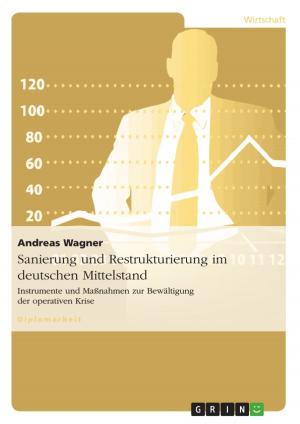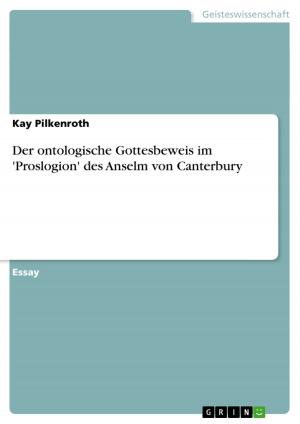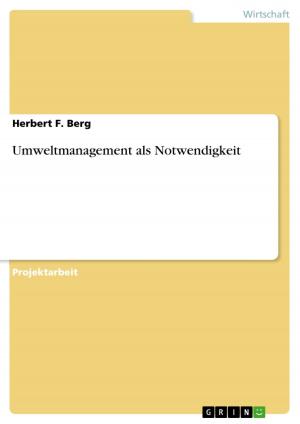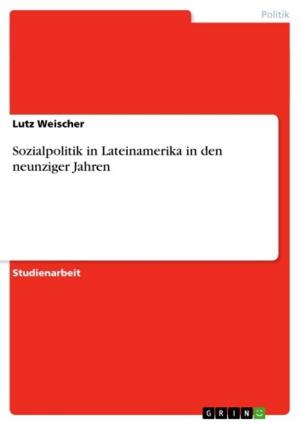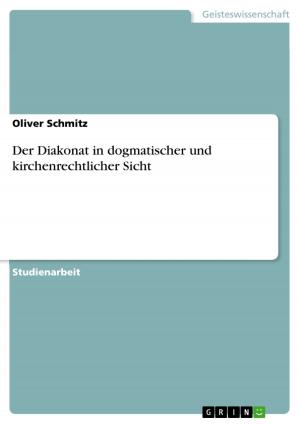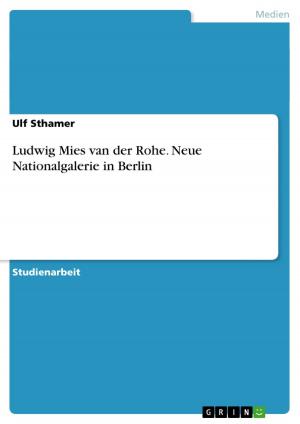Is it more accurate to speak of the collapse or the destruction of the Weimar Republic
Nonfiction, History, Germany| Author: | Philipp Studt | ISBN: | 9783638487313 |
| Publisher: | GRIN Verlag | Publication: | April 8, 2006 |
| Imprint: | GRIN Verlag | Language: | English |
| Author: | Philipp Studt |
| ISBN: | 9783638487313 |
| Publisher: | GRIN Verlag |
| Publication: | April 8, 2006 |
| Imprint: | GRIN Verlag |
| Language: | English |
Essay from the year 2005 in the subject History Europe - Germany - World War I, Weimar Republic, grade: 70%, Lancaster University, course: Germany 1870-1990-the restless nation, 17 entries in the bibliography, language: English, abstract: The Weimar Republic, Germany's first democracy founded in the wake of the 1918 revolution, lasted only 14 years. The failure gave rise to a regime that started the Second World War and committed unparalleled atrocities. The structure and ultimate breakdown of the Weimar Republic thus rank among the key issues of modern European history. Historians have stressed either the beginning or end of the Republic when trying to explain how the relatively stable and internationally reconciled country that had experienced modest economic recovery disintegrated in such a short time. This essay will investigate two approaches: Firstly, that the Weimar Republic collapsed due to economic pressures being exacerbated by the worldwide depression following the Wall Street Crash. Secondly, that the Weimar Republic was destroyed by a majority of the leadership elites who were anti-Republican, did not support the constitution and thus not only tolerated opposition from the extreme right but actively encouraged it.
Essay from the year 2005 in the subject History Europe - Germany - World War I, Weimar Republic, grade: 70%, Lancaster University, course: Germany 1870-1990-the restless nation, 17 entries in the bibliography, language: English, abstract: The Weimar Republic, Germany's first democracy founded in the wake of the 1918 revolution, lasted only 14 years. The failure gave rise to a regime that started the Second World War and committed unparalleled atrocities. The structure and ultimate breakdown of the Weimar Republic thus rank among the key issues of modern European history. Historians have stressed either the beginning or end of the Republic when trying to explain how the relatively stable and internationally reconciled country that had experienced modest economic recovery disintegrated in such a short time. This essay will investigate two approaches: Firstly, that the Weimar Republic collapsed due to economic pressures being exacerbated by the worldwide depression following the Wall Street Crash. Secondly, that the Weimar Republic was destroyed by a majority of the leadership elites who were anti-Republican, did not support the constitution and thus not only tolerated opposition from the extreme right but actively encouraged it.



